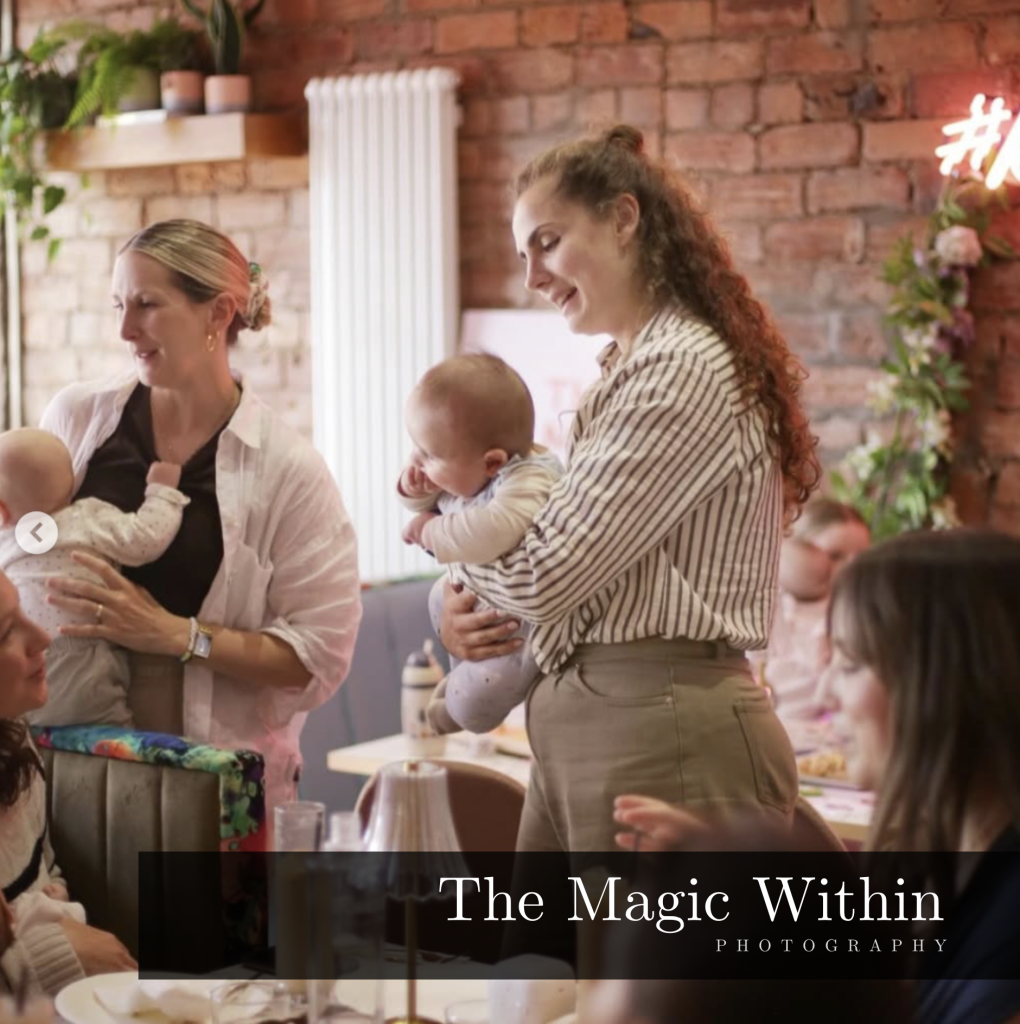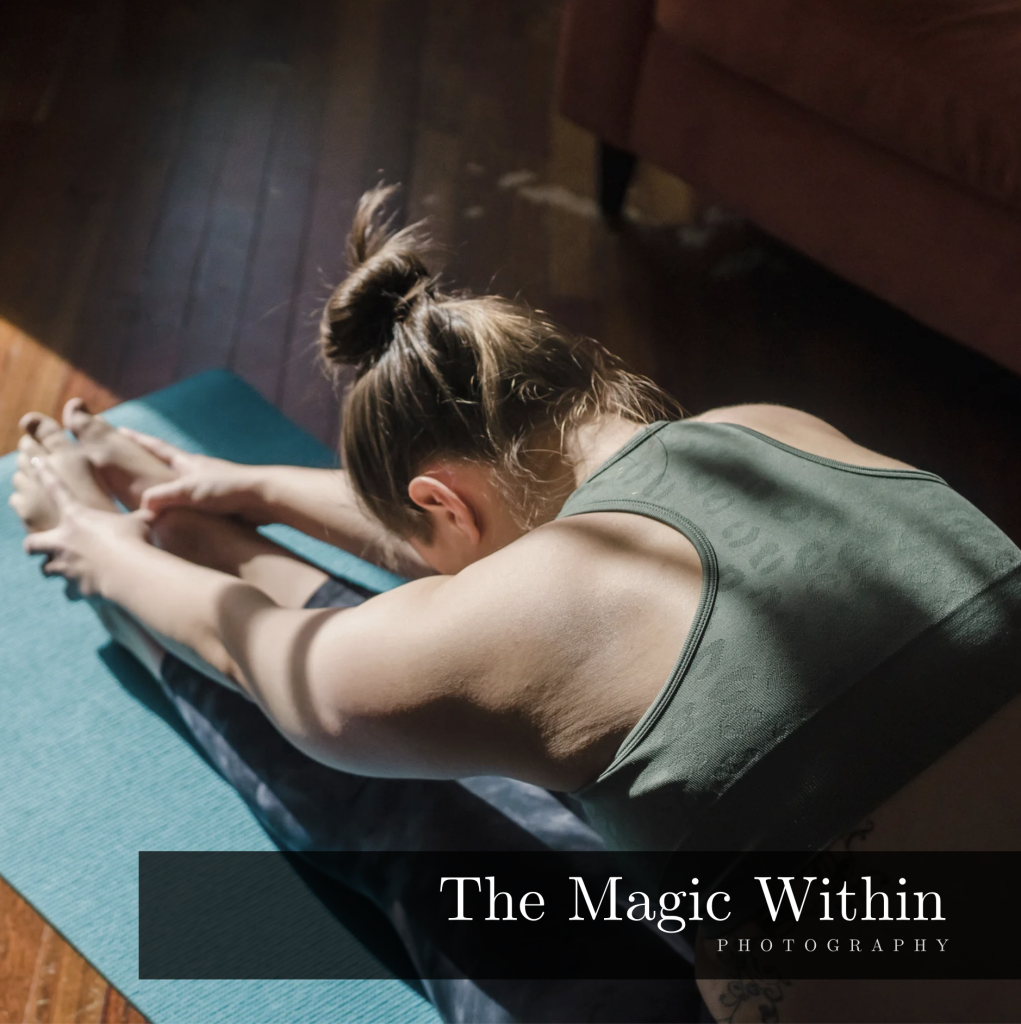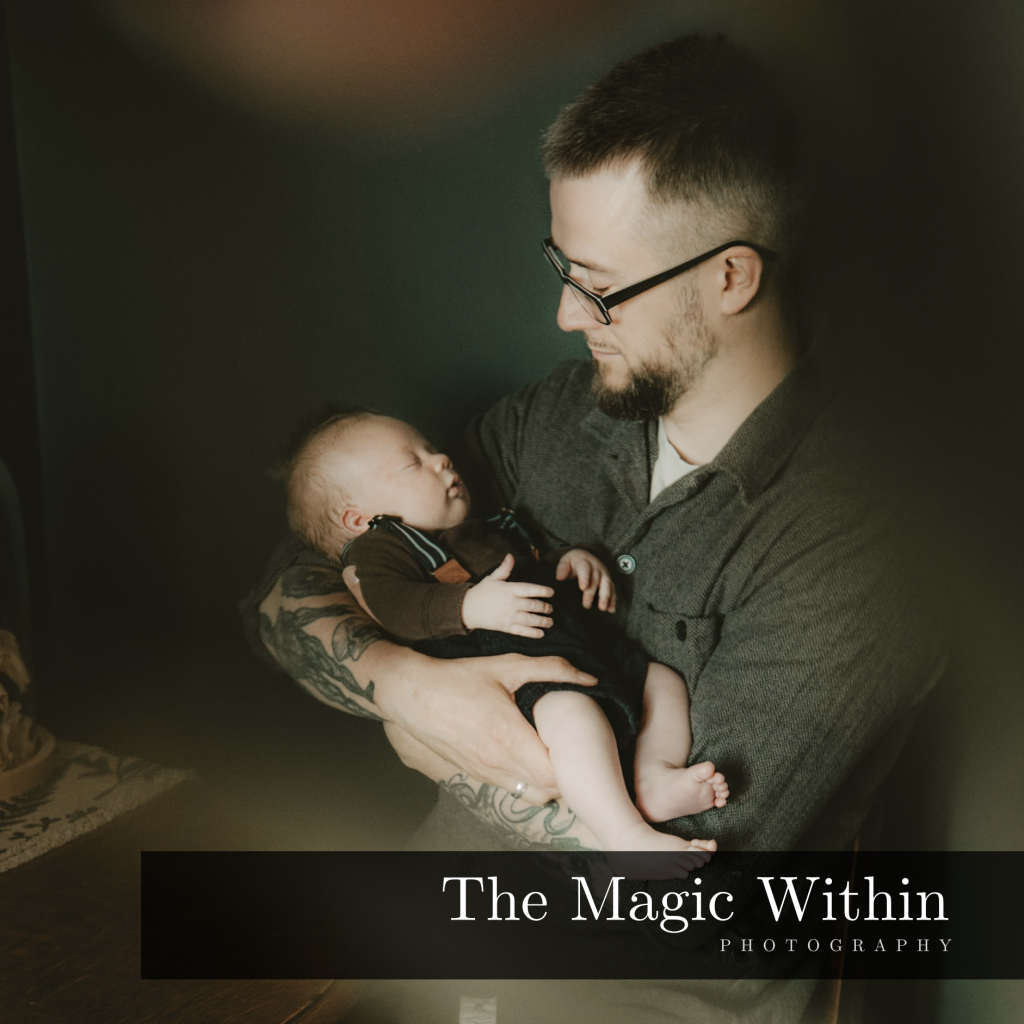Motherhood is beautiful, but it is also exhausting. From sleepless nights and endless feeds to the pressure of doing it all and never really having time for yourself, it is no wonder that many women experience burnout in the early months and years of raising children. What makes it harder is that this exhaustion is often minimised or brushed aside. Society praises mothers for being strong and selfless, but rarely acknowledges that they are human beings with limits. That is why conversations about how to avoid mum burnout matter so deeply.
Burnout does not mean you are failing as a mother. It simply means that your body and mind are asking for rest, balance and support. This blogpost will help you to recognise the signs of burnout, understand why it is important to talk about it, and share 10 practical tips to regain your energy and joy. Along the way, we will also explore local support in Scotland, the role of family and long-term strategies to protect your wellbeing.
Why Talking About Mum Burnout Matters

For many mothers, admitting that they are close to burnout feels like admitting weakness. Yet the opposite is true. Talking openly about burnout is the first step to preventing it. When women share their experiences, other mothers realise that they are not alone. This sense of community is powerful.
As a photographer working closely with mothers, whether during newborn sessions, family portraits or Mummy and Me shoots, I witness the reality behind the smiles. Many mums arrive at a session and tell me that it is the first time in months they have put on make-up or chosen an outfit that makes them feel beautiful. Often, they confess that exhaustion has left them with little time or energy for themselves.
That is why self-care is not a luxury but a necessity. Even though becoming a mother changes everything, you are still you. Finding small ways to honour yourself, beyond nappies and night feeds, is crucial to keeping burnout at bay.
“As a motherhood photographer, I often hear mothers say that our photo session was the first time in months they felt truly like themselves again. That is why I feel so strongly about writing on this topic, because mothers deserve care, beauty and recognition every single day, not only during a photoshoot.”
In Scotland, conversations around maternal mental health have become more common in recent years. Postnatal support groups in Glasgow, Edinburgh and across the country are encouraging mothers to talk about the challenges they face, not just the joys. By breaking the silence, we create a culture where mothers feel supported rather than judged.
Recognising The Signs Of Mum Burnout
Burnout does not happen overnight. It builds slowly, often hidden beneath the daily routine of motherhood. Recognising the early signs can make the difference between manageable stress and a complete sense of collapse.
| Category | Signs Of Mum Burnout |
|---|---|
| Physical | Constant exhaustion, frequent headaches, body aches, insomnia despite fatigue |
| Emotional | Feeling numb, tearful, anxious or irritable, loss of joy in everyday activities |
| Behavioural | Withdrawing from friends and family, snapping at children or partner, feeling overwhelmed by small tasks |
| Cognitive | Trouble concentrating, forgetfulness, racing thoughts, difficulty making decisions |
| Relational | Struggles to connect with partner, feeling resentful, guilt about not being enough |
| Self-Perception | Feeling like a failure, constant comparison to other mothers, believing you must do it all alone |
Not every mother will experience all of these signs, but if several resonate with you, it may be time to pause, seek support and actively take steps to recover balance.
10 Tips On How To Avoid Mum Burnout

Every mother’s journey is different, but the following strategies are practical ways to bring balance, care and resilience into your daily life.
Tip 1 – Prioritise Rest And Sleep Whenever Possible
It sounds simple, but for new mothers it can feel impossible. Sleep deprivation is one of the biggest drivers of burnout. While you may not get eight hours straight, you can still find ways to rest. Nap when the baby naps, share night feeds with your partner or ask family members to step in. Rest is not selfish. It is survival.
Tip 2 – Ask For Help And Accept Support
One of the hardest things for many mothers is asking for help. But burnout thrives in isolation. Whether it is asking your partner to handle the washing, a friend to bring dinner or a grandparent to babysit, letting others step in gives you breathing space. Remember that it takes a village to raise a child and it is okay to lean on yours.
Tip 3 – Create Small Daily Rituals For Yourself
Self-care does not have to mean spa days or weekends away. It can be a quiet cup of tea while the baby sleeps, five minutes of stretching in the morning or journaling before bed. These small rituals remind you that you exist outside of motherhood and deserve care too.
Tip 4 – Connect With Other Mothers In Scotland
Isolation can magnify burnout. Meeting other mums, whether in a baby class in Glasgow, a breastfeeding group in Edinburgh or even online communities, helps normalise your struggles. Sharing experiences reduces shame and builds a sense of solidarity. Local support is invaluable.
A wonderful example is The Mum Club, which hosts events across Scotland, including Glasgow and Edinburgh. These gatherings range from casual coffee meet-ups and walks to themed events with guest speakers on topics such as children’s sleep routines. Some events welcome children, others are designed for mums-to-be or evenings out without little ones. They provide a relaxed way to connect with other mothers while also accessing professional advice in a friendly setting.
Tip 5 – Nourish Your Body With Healthy Choices
Skipping meals or relying on sugary snacks may keep you going short term, but it depletes your energy long term. Aim for simple, nourishing meals such as oats, fruit, soups or slow-cooked stews. Staying hydrated is equally important. A nourished body copes with stress far better than one running on empty.
Tip 6 – Set Realistic Expectations And Let Go Of Perfection
Many mothers feel pressure to maintain a spotless home, bake organic snacks and entertain their children with endless creativity. The truth is that you do not need to do it all. Setting realistic expectations and letting go of perfectionism reduces guilt and frees up emotional energy.
Tip 7 – Try Gentle Movement Like Postnatal Yoga
Exercise can be a lifeline, but the goal is not intensity. It is renewal. Postnatal yoga or gentle walks outdoors release endorphins, improve circulation and lift your mood. Many classes in Scotland welcome both mums and babies, making it easier to attend.
Tip 8 – Use Coping Strategies Like Journaling Or Breathing Exercises
Stress needs an outlet. Journaling helps process emotions, while breathing exercises calm the nervous system. Even five minutes of mindful breathing can reset your stress levels. These tools are free, accessible and powerful.
Tip 9 – Talk To A Professional If Overwhelm Persists
Sometimes support from friends and family is not enough. Speaking to a GP, counsellor or therapist can provide deeper guidance. In Scotland, perinatal mental health services are expanding, with more resources available through the NHS and local charities.
Tip 10 – Remember That Mum Burnout Does Not Define You
Burnout is not your identity. You are more than exhaustion, more than the pressure, more than the overwhelm. Holding onto this truth gives you strength. You are doing your best, and your best is enough.
How To Find Local Support In Scotland
Scotland has a growing network of support for mothers. In Glasgow, local community centres run baby massage classes and mum and baby yoga. In Edinburgh, postnatal support groups offer spaces to share experiences without judgement. Midwives and health visitors often know about smaller local initiatives as well.
If you are struggling, start by asking your GP or health visitor about nearby services. Many groups are free or low cost and they provide not just activities but connection. That connection is something every mother needs to avoid burnout.
The Role Of Partners And Family In Preventing Mum Burnout

Preventing burnout is not solely the mother’s responsibility. Partners, relatives and friends play a vital role. A supportive partner who takes night shifts, manages chores or simply listens without judgement can make all the difference.
Family and friends can help by respecting boundaries, not turning up unannounced, not criticising choices, but instead offering practical help like meals, errands or childcare. When mothers feel truly supported, the risk of burnout decreases significantly.
Long-Term Strategies To Protect Your Wellbeing As A Mother
Burnout is not just an immediate challenge. It can reappear if long-term balance is not maintained. Some strategies include:
- Establishing boundaries by saying no to commitments that drain you
- Maintaining identity beyond motherhood by continuing hobbies, friendships and career goals
- Regular self-check-ins by asking yourself if you are coping or close to burnout
- Seeking continued support by staying connected with communities, therapists or mentors
By viewing motherhood as a marathon rather than a sprint, you build resilience for the years ahead.
Conclusion: How To Avoid Mum Burnout Is About Balance, Not Perfection
The reality is that motherhood is demanding, and burnout can affect anyone. But knowing how to avoid mum burnout means recognising the signs early, talking openly and using strategies that bring balance. Support in Scotland, from local groups to professional care, is growing and no mother has to face burnout alone.
Preventing burnout is not about perfection. It is about creating space for rest, connection and authenticity. It is about asking for help, letting go of unrealistic expectations and remembering that your worth is not measured by how much you do but by the love you give.
Motherhood is a journey of strength, but also vulnerability. By caring for yourself, you give your children the gift of a mother who is present, resilient and full of love. And that is more than enough.